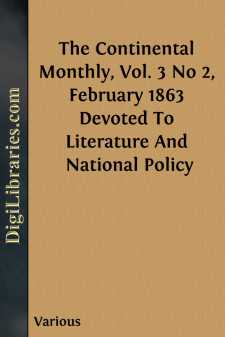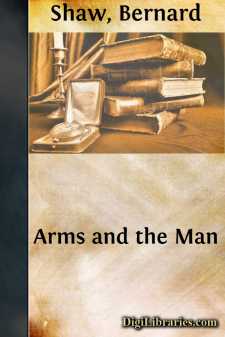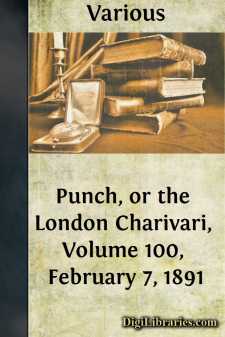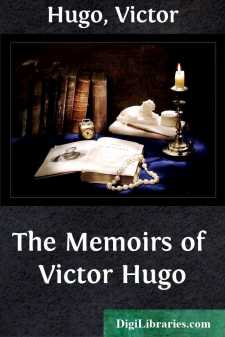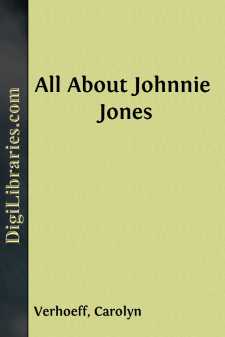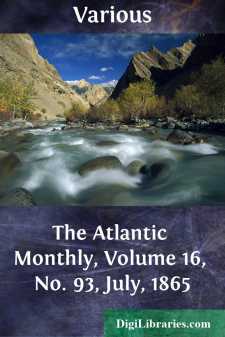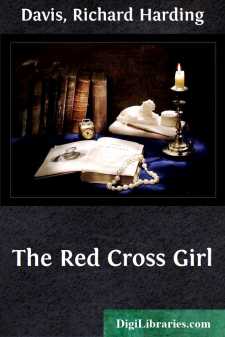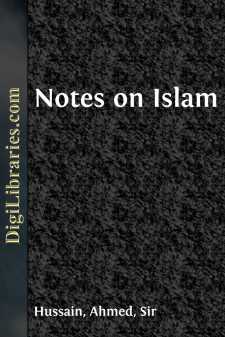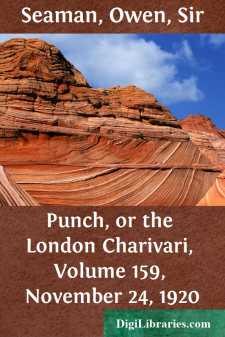Categories
- Antiques & Collectibles 13
- Architecture 36
- Art 48
- Bibles 22
- Biography & Autobiography 813
- Body, Mind & Spirit 142
- Business & Economics 28
- Children's Books 13
- Children's Fiction 10
- Computers 4
- Cooking 94
- Crafts & Hobbies 4
- Drama 346
- Education 46
- Family & Relationships 57
- Fiction 11828
- Games 19
- Gardening 17
- Health & Fitness 34
- History 1377
- House & Home 1
- Humor 147
- Juvenile Fiction 1873
- Juvenile Nonfiction 202
- Language Arts & Disciplines 88
- Law 16
- Literary Collections 686
- Literary Criticism 179
- Mathematics 13
- Medical 41
- Music 40
- Nature 179
- Non-Classifiable 1768
- Performing Arts 7
- Periodicals 1453
- Philosophy 64
- Photography 2
- Poetry 896
- Political Science 203
- Psychology 42
- Reference 154
- Religion 513
- Science 126
- Self-Help 84
- Social Science 81
- Sports & Recreation 34
- Study Aids 3
- Technology & Engineering 59
- Transportation 23
- Travel 463
- True Crime 29
Sort by:
by:
Various
OUR NATIONAL FINANCES. Our national finances are involved in extreme peril. Our public debt exceeds $720,000,000, and is estimated by the Secretary of the Treasury, on the 1st of July next, at $1,122,297,403, and on the 1st of July, 1864, at $1,744,685,586. When we reflect that this is nearly one half the debt of England, and bearing almost double the rate of interest, it is clear that we are...
more...
by:
Bernard Shaw
INTRODUCTION To the irreverent—and which of us will claim entire exemption from that comfortable classification?—there is something very amusing in the attitude of the orthodox criticism toward Bernard Shaw. He so obviously disregards all the canons and unities and other things which every well-bred dramatist is bound to respect that his work is really unworthy of serious criticism (orthodox)....
more...
by:
Various
THE "MODEL HUSBAND" CONTEST. SCENE THE FIRST—At the GALAHAD-GREENS'. Mrs. G.-G. GALAHAD! Mr. G.-G. (meekly). My love? Mrs. G.-G. I see that the proprietors of All Sorts are going to follow the American example, and offer a prize of £20 to the wife who makes out the best case for her husband as a Model. It's just as well, perhaps, that you should know that I've made up my mind...
more...
by:
Victor Hugo
PREFACE. This volume of memoirs has a double character—historical and intimate. The life of a period, the XIX Century, is bound up in the life of a man, VICTOR HUGO. As we follow the events set forth we get the impression they made upon the mind of the extraordinary man who recounts them; and of all the personages he brings before us he himself is assuredly not the least interesting. In portraits...
more...
by:
Carolyn Verhoeff
INTRODUCTION It gives me sincere pleasure to introduce to mothers and kindergartners a pioneer writer in the unexplored field of simple, realistic stories for little children. Miss Verhoeff is a trained kindergartner who has brought to her profession a college training as well as a true devotion to children. It was in one of the free kindergartens situated in the less fortunate localities of Louisville...
more...
by:
Various
YOUNG MEN IN HISTORY. History is an imperfect record of nations and races, diverse in their position and capacities, but identical in nature and one in destiny. Viewed comprehensively, its individuals and events comprise the incidents of an uncompleted biography of man, a biography long, obscure, full of puzzling facts for thought to interpret, and more puzzling breaks for thought to bridge, but, on...
more...
INTRODUCTION R. H. D. "And they rise to their feet as he passes, gentlemenunafraid." He was almost too good to be true. In addition, the gods loved him, and so he had to die young. Some people think that a man of fifty-two is middle-aged. But if R. H. D. had lived to be a hundred, he would never have grown old. It is not generally known that the name of his other brother was Peter Pan. Within...
more...
by:
Ahmed Hussain
Introduction.WO of you—Lateef and Altaf—will recollect that more than a year ago you wrote to me saying that you were puzzled by certain questions which a Missionary had put to you. I remember that Amjud or Mahmood even went so far as to ask what was the good of Islam, when countries and people professing that faith had weak governments and were crumbling to pieces under the influence of Christian...
more...
by:
Various
OUR INDIAN MISSIONS. Nine schools, with 356 pupils; five churches, with 271 members; five stations; thirteen missionaries; thirty-seven teachers, are the statistics. The churches are Congregational, and the church and school go hand in hand. A careful survey of the necessities of these missions was made early in the year, and the estimate called for an appropriation of about $30,000. Repairs and...
more...
by:
Owen Seaman
November 24, 1920. No sooner had the League of Nations met at Geneva than news came of the pending retirement of Mr. Charlie Chaplin. We never seem to be able to keep more than one Great Idea going at a time. "Have you read Mrs. Asquith's Book?" asks an evening paper advertisement. "What book?" may we ask. "In our generation," says Dean Inge, "there are no great...
more...


